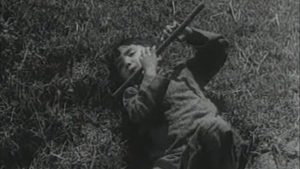Module 10: Spring in a Small Town (1948)
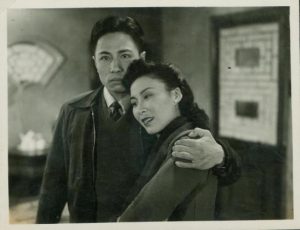
Hailed as the finest Chinese film of all time, Spring in a Small Town is an intimate work of cinematic poetry that shows five people struggling to rebuild their lives in the aftermath of a war. A married woman’s humdrum life in a small town changes when her former sweetheart returns after a decade’s absence to visit his old friend, her ailing husband. Her voiceover creates a gripping psychological drama, even as Fei Mu’s lyrical cinematography shows people hesitating at a moment of uncertainty, amidst an environment of ruins. Tian Zhuangzhuang directed a remake of this film in 2002, known by the English title Springtime in a Small Town.
This module corresponds to chapter 12 in the book Chinese Film Classics, 1922-1949.
The film:
Xiaocheng zhi chun
93 minutes
Alternative English titles: When Spring Comes, Springtime in a Small City
Director: Fei Mu
Screenplay: Li Tianji
Wen Hwa (Wenhua) Film Studio
Date of release: September 25, 1948 (Shanghai)
Cast: Wei Wei, Shi Yu, Li Wei, Zhang Hongmei, Cui Chaoming
English subtitles translated by Christopher Rea
Video lecture 1: Melancholy poetics
14 minutes
Contents:
- Why is Spring in a Small Town such a highly acclaimed film?
- Original English title of the film
- Production context: the Chinese civil war
- Melancholy poetics: loss, change, and renewal
- Symbolism in location and set design
Video lecture 2: Spring anew
14 minutes
Contents:
- Lyricism and poetry, drawing on Du Fu and Su Shi
- The “talented scholar and beautiful woman” (caizi jiaren) narrative formula
- Allegories of tradition, modernity, east and west
- The influence of Fei Mu’s Spring in a Small Town on later films and filmmakers
- Tian Zhuangzhuang’s remake, Springtime in a Small Town (2002)
Learn more:
Scenes from Spring in a Small Town
First appearance of Yuwen’s voiceover:
Dai Xiu sings the folk song “Lovely Little Rose”:
Dai Xiu and Dai Liyan sing “In that Far-Off Place”:
A chicken makes a cameo during one of Yuwen and Zhichen’s walks:
Dai Liyan realizes that his wife is in love with his old friend:
Zhichen barely restrains his passion, and Yuwen cuts her hand:
Comparisons with other films
Watch Fei Mu’s film Song of China (1935), also known as Filial Piety, which contains original Chinese-English intertitles and a full soundtrack:
Related Posts
Fei Mu 費穆
Fei Mu (Fey Mou) was a theater director and film director best known for his acclaimed film Spring in a Small Town (1948)
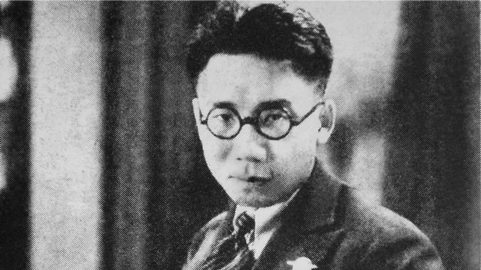
Chinese Film Classics, 1922-1929 (2021), by Christopher Rea
An essential guide to the first golden age of Chinese cinema, offering detailed introductions to fourteen films.
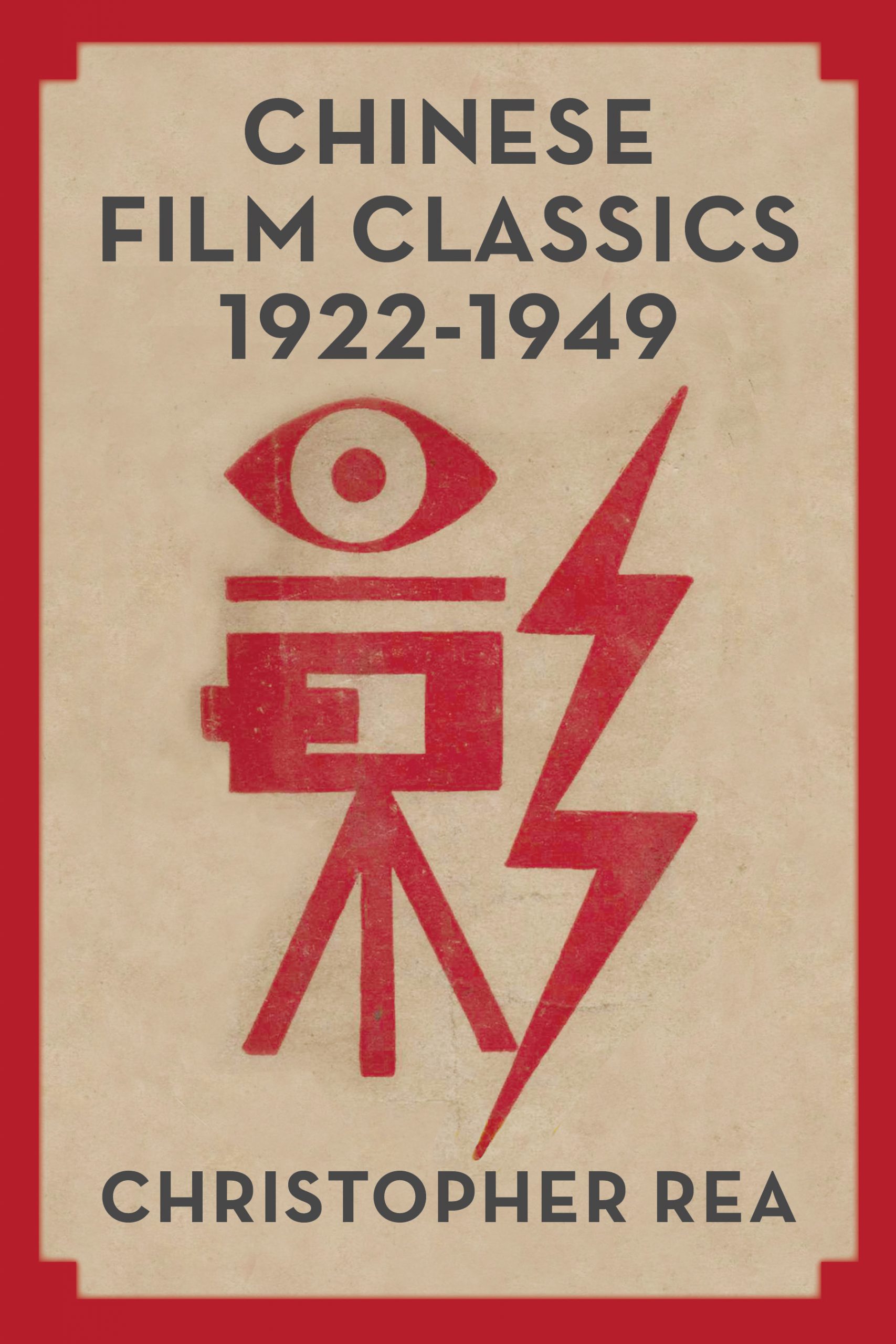
2017/09/30-10/21: A Golden Age of Chinese Cinema, 1947-52, at BAMPFA
BAMPFA film series featuring seven films released in China between 1947 and 1952
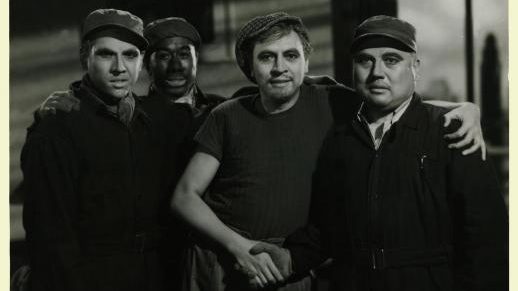
Crows and Sparrows 烏鴉與麻雀 (1949)
An epochal film, produced and set at the end of civil war, centering on a fight over housing. Who will stay and who will go?
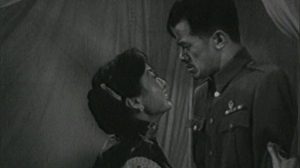
Wanderings of Three Hairs the Orphan 三毛流浪記 (1949)
Follows the misadventures of Sanmao as he tries to fill his belly on the streets of Shanghai. Adapted from the comic strip by Zhang Leping.
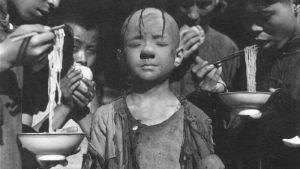
Spring in a Small Town 小城之春 (1948)
Director Fei Mu’s lyrical masterpiece shows people coping with loss and longing in the aftermath of the Anti-Japanese War.
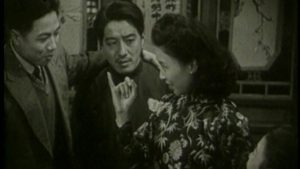
Song of China 天倫 (1935)
Fei Mu's traditionalist parable dramatizes the triumph of filial piety. Set to a lavish orchestral score and produced for a bilingual market.
